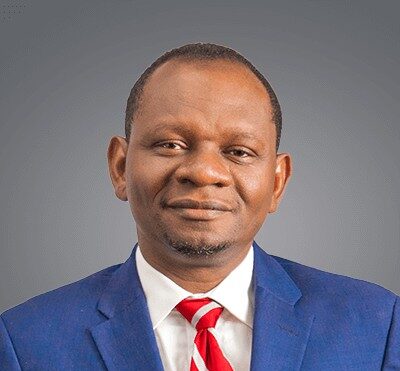
As the world commemorates World Malaria Day 2025, the National Primary Health Care Development Agency (NPHCDA) has announced the availability of free malaria vaccines in Kebbi and Bayelsa states, urging parents and caregivers to utilise the opportunity to protect their children.
The executive director of the NPHCDA, Dr. Muyi Aina disclosed this on Friday in Abuja during a media briefing to mark the day. He reaffirmed the federal government’s commitment to reducing malaria-related deaths, particularly among children under five, who remain the most vulnerable.
“The malaria vaccine is now available and being administered at no cost in Kebbi and Bayelsa States,” Aina stated. “It is safe, effective, and a vital tool in our expanded efforts to eliminate malaria.”
According to Aina, the R21/Matrix-M vaccine has been incorporated into routine immunisation schedules in both states, targeting children aged five to 59 months. He said Nigeria’s rollout places it among the first countries in Africa to begin administering the malaria vaccine at scale.
Over 1.5 million children are expected to benefit in the initial rollout phase. The vaccinations are being conducted by trained healthcare professionals at fixed health facilities and through outreach services to ensure wide coverage.
Nigeria continues to carry the world’s heaviest malaria burden. According to the World Health Organisation (WHO), the country accounts for 27 per cent of global malaria cases and 32 per cent of all malaria-related deaths.
Aina emphasised that the introduction of the vaccine represents a critical step toward achieving global targets – reducing malaria cases and deaths by at least 90 per cent by 2030.
“This World Malaria Day, we are calling on communities, caregivers and local leaders to join the effort,” he said. “No child should die from a preventable disease like malaria.”
He assured the public that the vaccine has undergone rigorous testing for safety and effectiveness and encouraged widespread participation to help break the cycle of infection and death from malaria.
Science Nigeria reports that this year’s World Malaria Day, themed “Malaria Ends with Us: Reinvest, Reimagine, Reignite,” is a rallying call for renewed commitment and action.
In 2023, an estimated 68 million Nigerians were infected with malaria, resulting in more than 200,000 deaths, primarily among young children and pregnant women.
Beyond the devastating human toll, malaria continues to drain Nigeria’s economy. The U.S. National Institutes of Health estimates that the disease costs the country over ₦132 billion annually – an amount expected to rise amid increasing drug and treatment expenses.
These staggering figures underscore the urgency of innovative, collaborative solutions in the fight against malaria.

